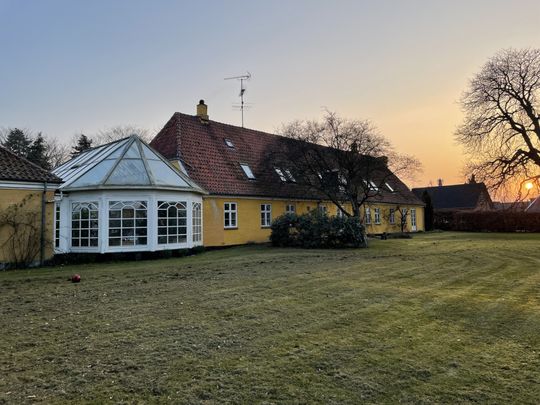
Copenhagen: Denmark plans to house Ukrainian refugees in temporary “Ukrainian villages” set up in former schools and hospitals, a cabinet minister said Friday as the country prepares to receive up to 100,000 people fleeing the war.
The approach breaks with normal practice in the Scandinavian kingdom, which has for decades followed very restrictive migration policies, and where asylum seekers and refugees are placed among the country’s population of 5.8 million.
“We started with the normal integration policy, but with the estimates that are in front of me, if we just continue, we won’t recognise our welfare society,” Migration Minister Mattias Tesfaye said in an interview with daily Berlingske.
According to the minister, the number of Ukrainians arriving in Denmark could exceed 40,000 by April 17, double the number of Syrians who fled the war in that country in all of 2015.
“Ukrainians will be housed in a type of Ukrainian village, which may have day care and education for children in Ukrainian, which Ukrainians themselves help facilitate,” he said.
These “villages”, which would be spread across Denmark, could be set up in former hospital complexes, schools, barracks or retirement homes no longer in use, the minister said.
Each would be home to about 100 people, but Tesfaye did not specify how many the Danish government expected to create.
Denmark passed a law last month allowing Ukrainian asylum seekers to start work or school quickly and exempting them from a controversial measure imposed on other asylum seekers that confiscates their assets to finance their reception in Denmark.
Adopted in 2015, the measure allows Denmark to seize cash in excess of 10,000 Danish kroner ($1,460) or items worth more than that to finance the cost of housing while their applications are being considered.
Since March, almost 19,000 Ukrainians have applied for a residence permit in Denmark, and more than 2,600 have been granted one.












